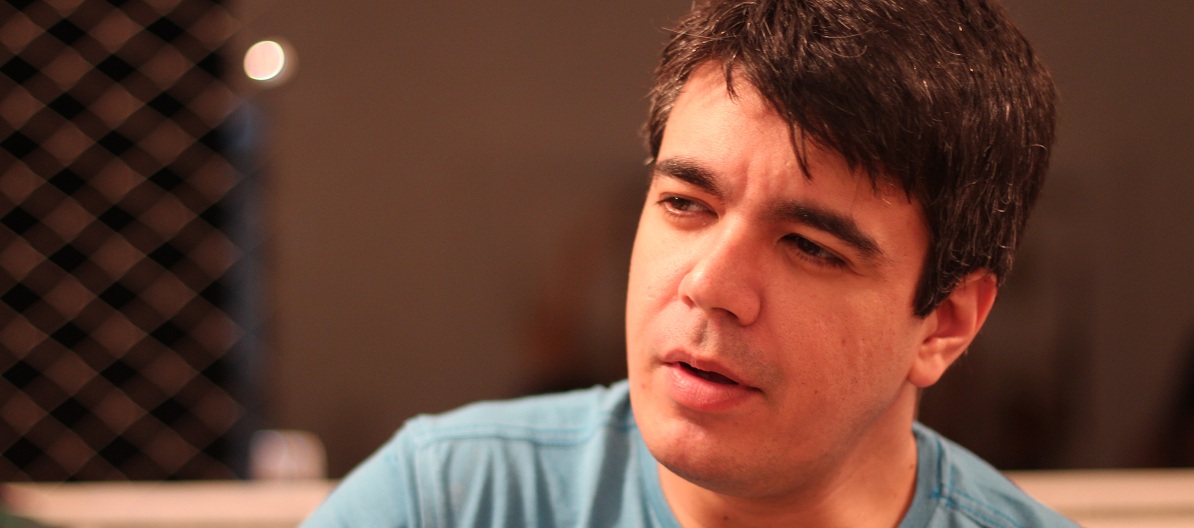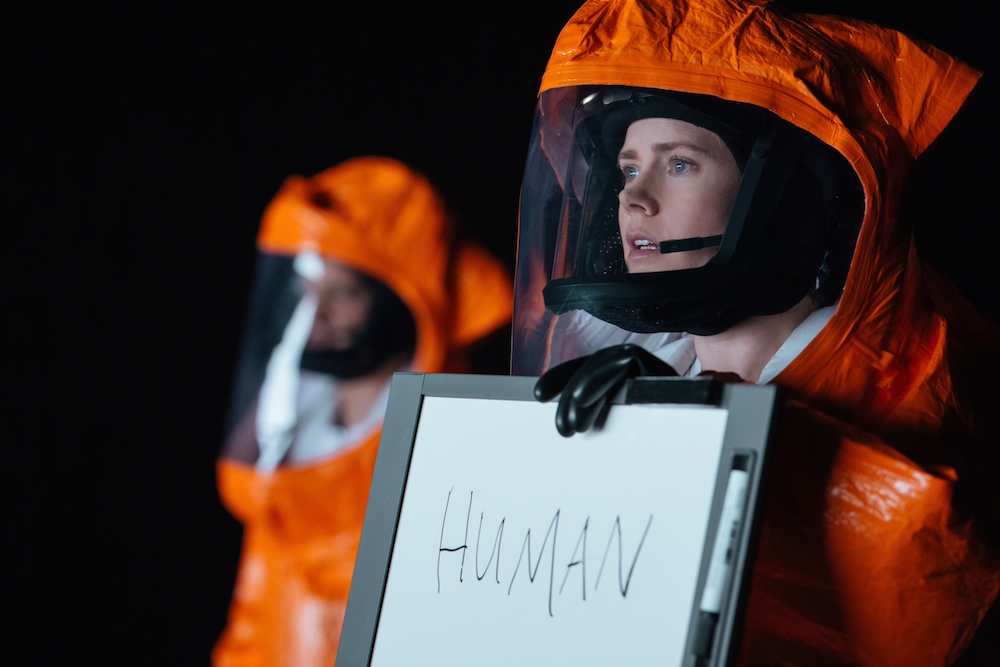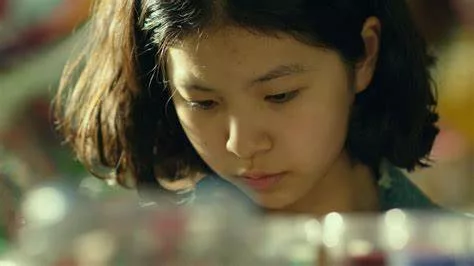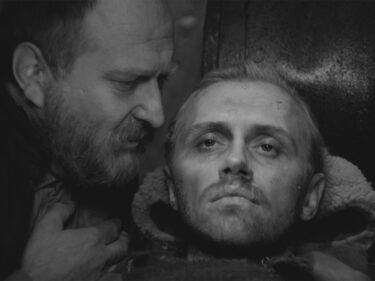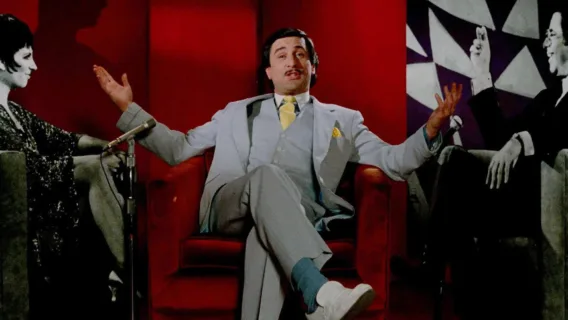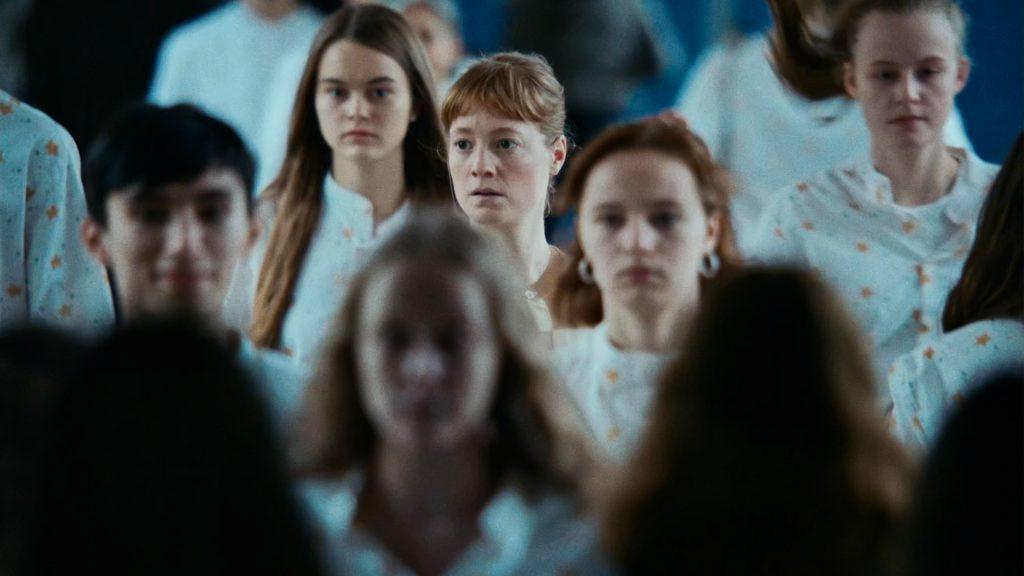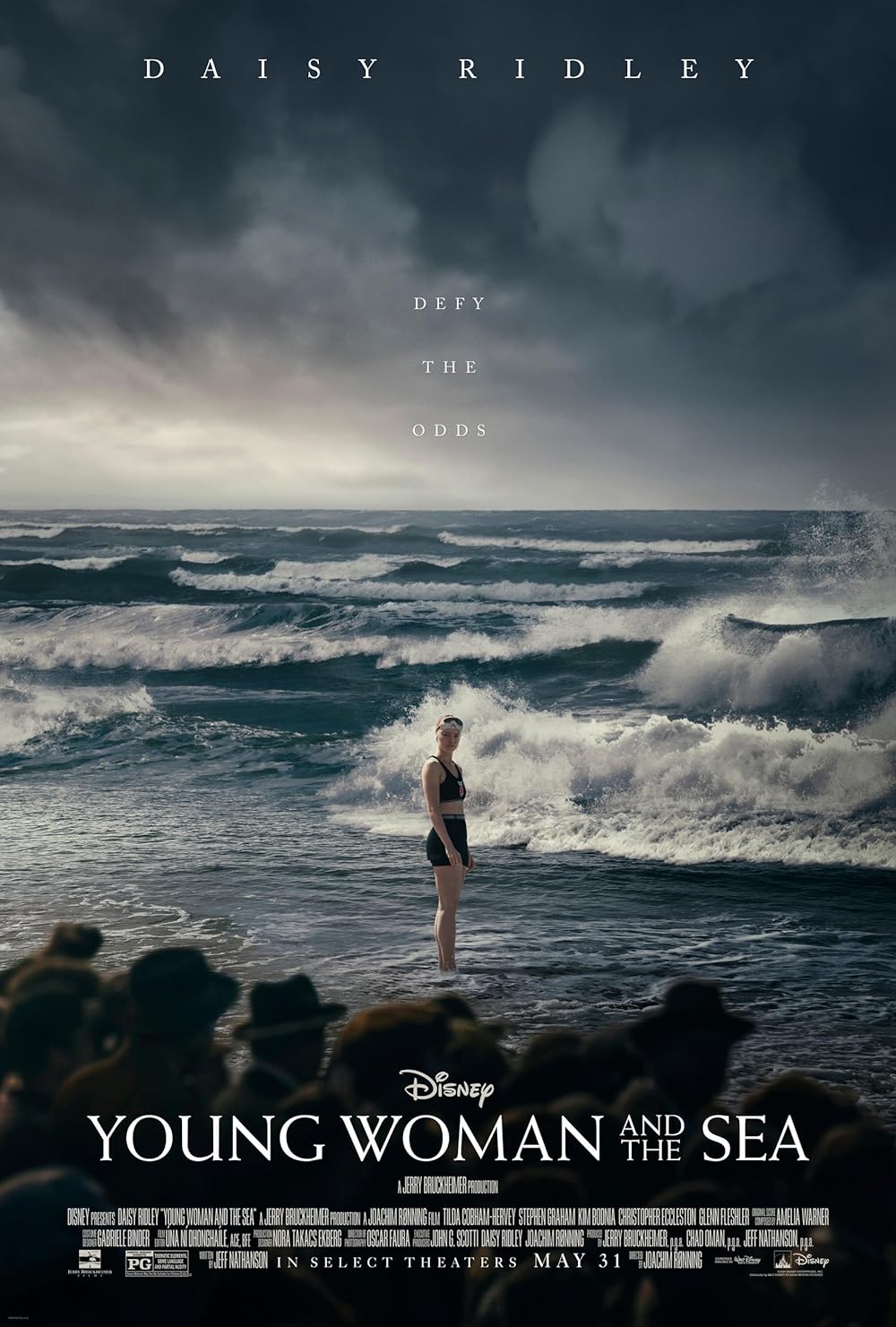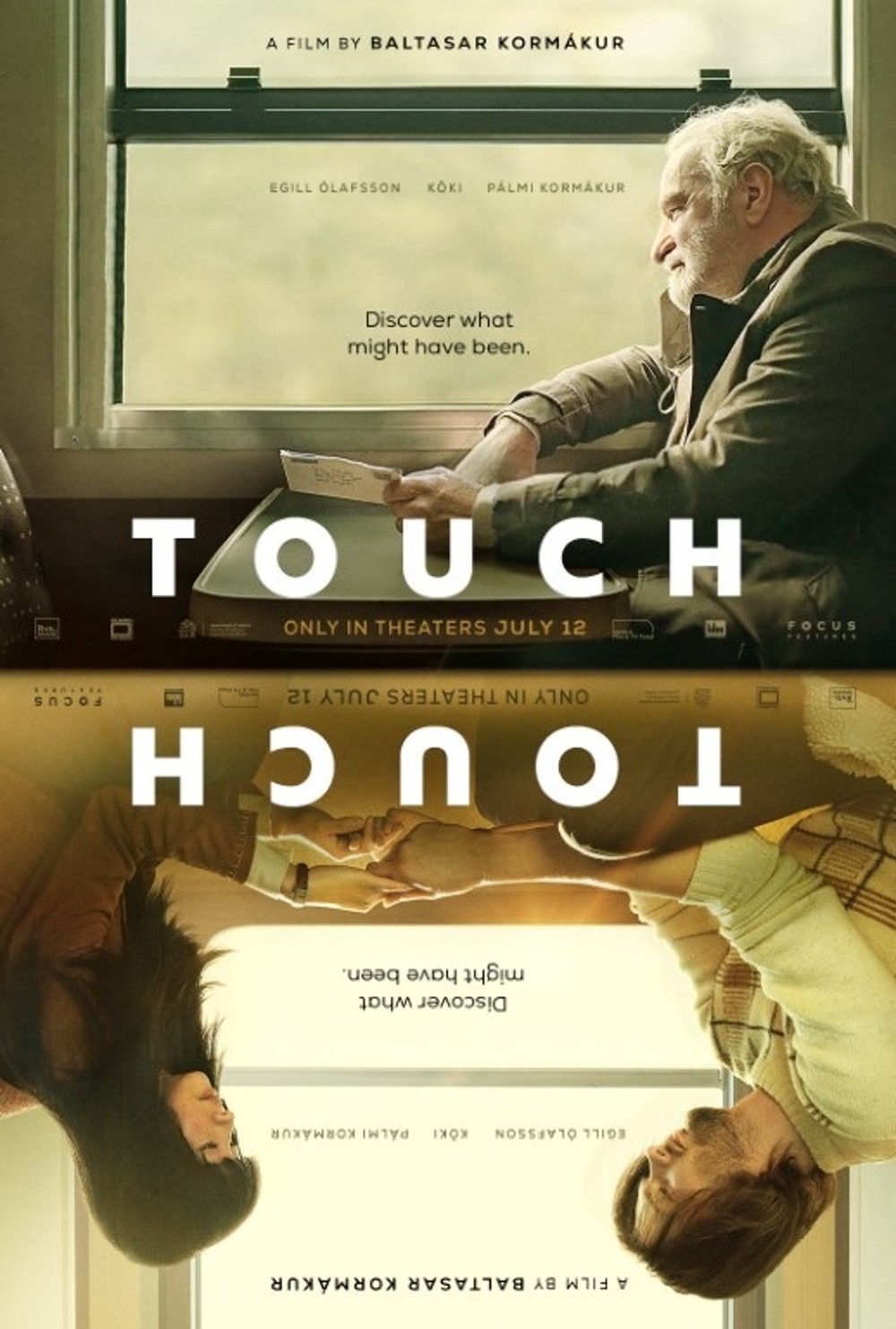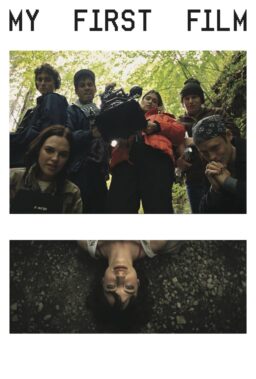There is no reason behind our decision to embrace the kinds of immense love we know will hurt us. The fascinating thing is that even if there were, we wouldn't hear it. They are such strong loves that they seem to exist out of time: we don't remember how we were before them and we can't even imagine ourselves as we would (or will be) after them.
"Arrival" is a film that understands this and also recognizes how science fiction often deals with issues too immaterial for science and too palpable to sound like pure fiction—which makes significant how the combination of both of them turns out to be so apt to produce incredibly complex answers. Some of the most thought-provoking reflections about the nature of loss and death come from this genre, since, ultimately, movies like "2001: A Space Odyssey," "Solaris" and "Contact" deal with our finitude and that of those we love—as well as our relationship to this realization. (And yes, I'm placing the new Denis Villeneuve work in the same category as those classics.)
But the similarities between these films go even further, since they also revolve around stories about technological advances and alien contacts that, directly or indirectly, try to philosophically solve the very concept of Death. In fact, if we think about it, it's only natural that art often imagines this answer coming from outside, from other civilizations, since it's certainly not here. Although, of course, there are those who seek it in God, in philosophy or in psychoanalysis, while some just accept the fact that it simply doesn't exist.
If I'm making "Arrival" sound thematically dense, it's because it is. Melancholic from its very first seconds, the film, adapted by Eric Heisserer from a touching story by Ted Chiang, begins with a sequence that rivals the sadness of the one that opens Pixar's "Up." It shows Dr. Louise Banks (Amy Adams) taking her newborn daughter for the first time in her arms and, through quick ellipses, following their lives until the girl dies in her teens. When we meet the linguist again, she's crossing the screen with a distant and saddened look, ignoring even the fact that all her students are glued to a TV displaying the images of twelve alien ships that have positioned themselves in various corners of the planet. However, her interest is eventually awakened when she's called in to try to translate the visitor's messages, working alongside physicist Ian Donnelly (Jeremy Renner), who was also summoned by Colonel Weber (Forest Whitaker) and who, like her, is close monitored by a CIA agent (Michael Stuhlbarg).
Adopting a scientific approach, but also one full of sensibility, Louise recognizes that before becoming a medium for communication, language was a form of artistic expression, a way of graphically expressing abstract feelings and ideas. Thus, when faced with beings whose written language is not a mere representation of the spoken word, expanding it beyond its phonemes (imagine an extreme version of the contemporary Japanese kanji), the protagonist becomes understandably fascinated—a reaction that becomes even stronger when she realizes the aliens express themselves in a non-linear fashion. On the other hand, the linguist points out the inherent risks in each different way of approaching the communication with the aliens, stressing, for example, how the use of mahjong by the Chinese can create a logic of confrontation where collaboration should exist. Even more importantly, she also stresses how similar terms can lead to different interpretations depending on the context of the translator:— for instance, the words "weapon" and "tool" (as a matter of fact, if this aspect of "Arrival" arouses your interest, do watch the documentary "Is the Man Who Is Tall Happy?").
Unfortunately, as the script illustrates, the context in this case is of dread before the Unknown—and the film understands that, in the face of fear, the reaction of a considerable part of humanity is aggression. It's no wonder, then, that Louise thinks about the challenges ahead of her in terms of language, while her superiors evaluate them following the logic of war. Incidentally, Villeneuve is in his best form while building a strong atmosphere of tension through deliberately slow camera movements, the low tone of voice employed by the cast and even by the use of absolute silence. On the other hand, he evokes Ian's amazed reaction through an insert of his hand touching the uneven surface of the alien ship or by contrasting his anticipatory smile upon meeting the visitors with Louise's heavy, anxious breathing. Not only that: Villeneuve also creates a subtle visual logic when using tilts (vertical camera movements, like a head nod) that go in opposite directions depending on what they focus on: from top to bottom in the earthly scenarios and from the bottom up when in the interior of the alien ship, contrasting the ways each of them see the world.
But Villeneuve's most intelligent narrative strategy is to associate the viewer's point of view to Louise's. In order to accomplish this, the filmmakers employs a sound design centered on her subjective perception: when she's in a helicopter, the sound mixing is dominated by the noise of the engine until Louise puts on the headphones; when she wears the radiation suit, everything becomes muffled; and so on. What's even more interesting is that if we initially only see the aliens at a distance, we are only allowed to observe details of their anatomy when Louise approaches them—and the identification all of these strategies establish between the audience and the hero ends is finally complemented by the punctual use of subjective shots. And why is this so important? Because, after we're anchored to Louise, we delve alongside her in the crescent flood of memories of her daughter, an experience that starts after she establishes contact with the aliens and that is fundamental to the film's structure.
And it's through the fluidity of those memories that "Arrival" completes its reflection on the nature of our existences by juxtaposing moments that are deeply contrasting, but also similar: in one point, Louise puts Hannah to sleep while, in another, she lovingly covers her dead body; in one night, she lies down beside her sleeping daughter and, on the other, beside her corpse. If in our lives we are bound to time and its order, in our memories we are free—a freedom reflected in the very language of cinema, since editing, even if it follows a single direction (from the beginning to the end of the film), can perform several chronological maneuvers between those extremes, managing to finish exactly where it began, if it so desires. This circular structure, which Villeneuve understands so well, also finds its echo in the irrationality of our feelings, since we often walk through paths we already know as we seek to fill voids that will never disappear precisely because we now know the warmth we experienced when we had managed to fill it.
And why do we stubbornly insist on repeating those same paths, then? Because there are some kinds of love so immense that we insist on experiencing them even if we know that they will inevitably result in pain.
